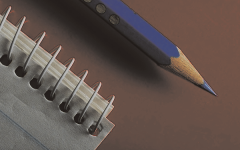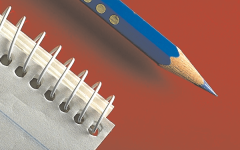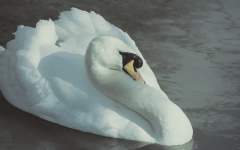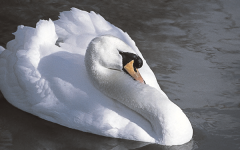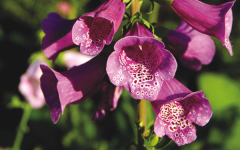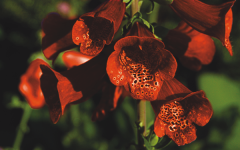Color-adjustment tools and effects
Corel PHOTO-PAINT provides you with tools and filters, also known as adjustments or adjustment effects, to edit the color and tone of images. When you edit the color and tone, you adjust elements such as hue, saturation, brightness, contrast, or intensity. You can apply an adjustment filter directly to the image to edit the color and tone of the entire image. Alternatively, you can apply a lens that exists on a separate object layer and can be edited without changing the original image. For information about lenses, see Lenses.
The Adjustments docker is your first stop for image adjustments. It lets you apply all adjustments non-destructively as you view your changes in context. Plus, you can use the local adjustment mode to edit only specific areas of an image. For more information, see Adjustments docker.
You can also access all adjustment filters from the Adjust menu.
The table below lists the filters that can be used to adjust images.
Some filters adjust an image automatically, while others give you various degrees of control. For example, the Auto Tone Curve filter adjusts the tonal range across all color channels automatically, while the Tone Curve filter lets you use separate color channels to pinpoint and adjust tone or color. More advanced filters, such as the Tone Curve filter and the Levels filter, are precise and can correct many different problems, but using them requires practice.
For detailed information about each adjustment filter, see Adjustment filters.
The Image Adjustment Lab has been removed, and its adjustments are now accessible from the White Balance and Light adjustment filters in the Adjustments docker.
You can use brush effects to adjust the color and tone of images. For more information, see Adjust color and tone by using brush effects.
